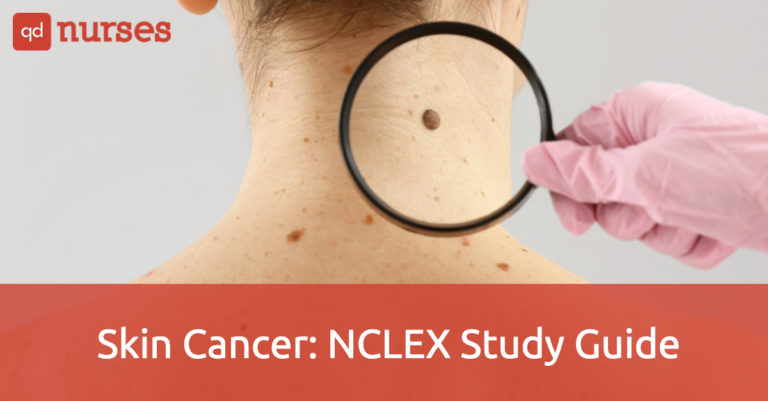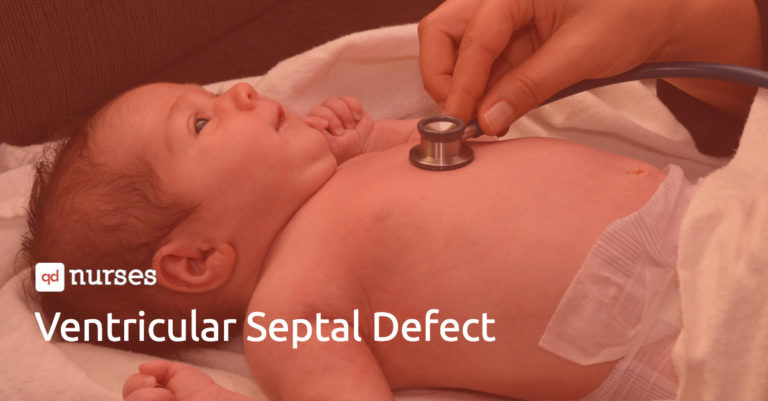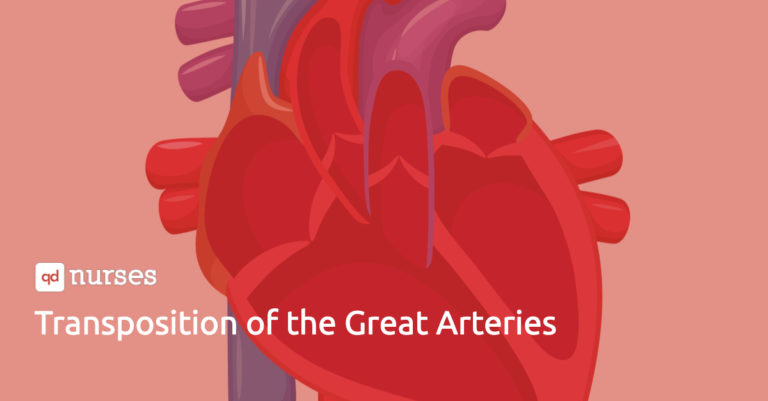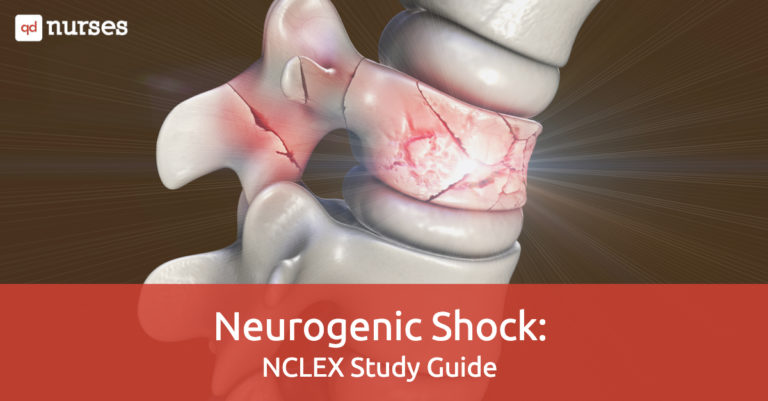
The 3 Types of Skin Cancer Nurses Should Know for the NCLEX
The skin is the largest organ of the body. It is our body’s barrier from UV light, pathogens, and injuries (chemical or mechanical). Three

Nursing Review: 5 Questions to Ask About Systemic Lupus Erythematosus
What Is Systemic Lupus Erythematosus (SLE)? Systemic lupus erythematosus (SLE) is a systemic autoimmune disease that affects many parts of the body. Affected organs

Tetralogy of Fallot
Tetralogy of Fallot is a congenital heart defect that involves the following 4 chambers of the heart and the vessels of the heart. Ventricle

Ventricular Septal Defect
Ventricular Septal Defect is a congenital heart anomaly characterized by a hole in the wall (or septum) separating the lower chambers of the heart

Atrial Septal Defect
Atrial septal defect is a congenital heart defect characterized by a hole in the wall (or the septum) of the left and right atrium.

Transposition of the Great Arteries
What is TGA or transposition of the great arteries? It’s a congenital heart defect that occurs when the positions of the pulmonary artery and

NCLEX Review: 8 Important Nursing Interventions For Neurogenic Shock
Neurogenic shock is a serious condition that happens when a trauma to the spinal cord causes the disruption of blood circulation in the body.

Nursing Review: The 2 Types of Stroke Nurses Should Know
What is a Stroke? Stroke, medically known as Cerebrovascular accident (CVA), is a condition where the blood flow in the brain is impeded due

Nursing Review: The 4 Common Triggers of Autonomic Dysreflexia
What is Autonomic Dysreflexia? Autonomic dysreflexia is a serious medical diagnosis that requires immediate treatment. This condition is common in patients with spinal cord

NCLEX Review: Understand Respiratory Alkalosis Well In Just 5 Minutes
The Physiology of Oxygenation Let’s start with what happens when you breathe in air. When oxygen enters your nose or your mouth, it then
